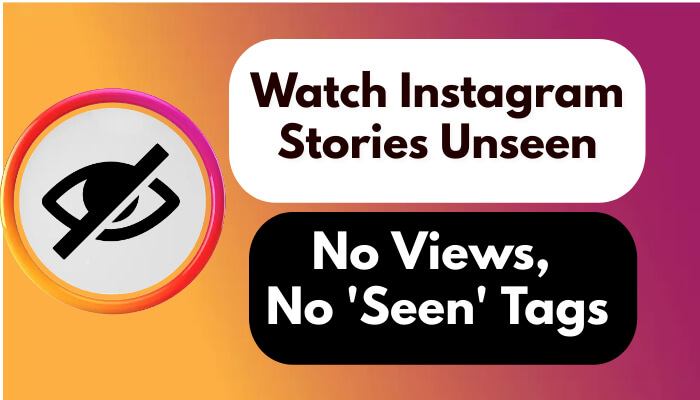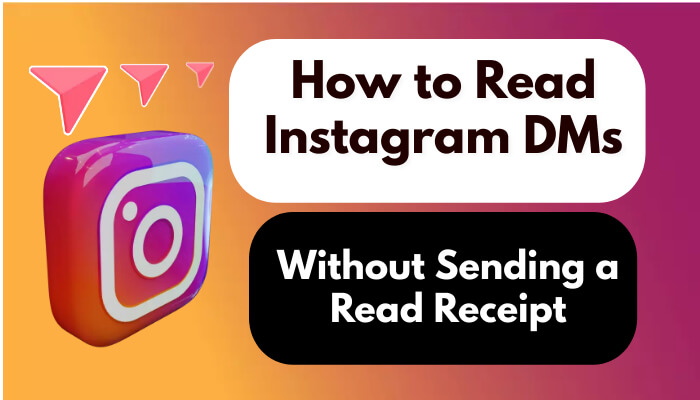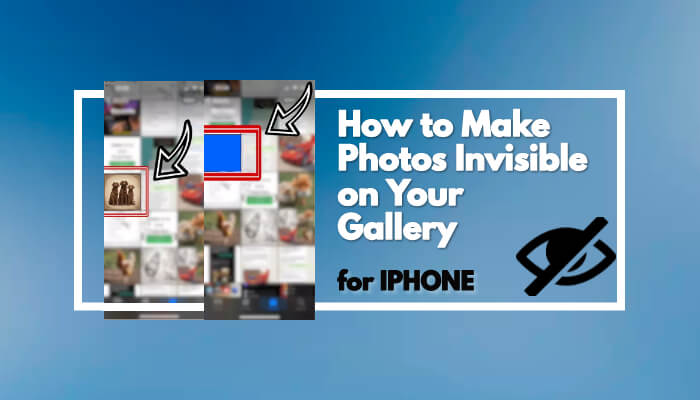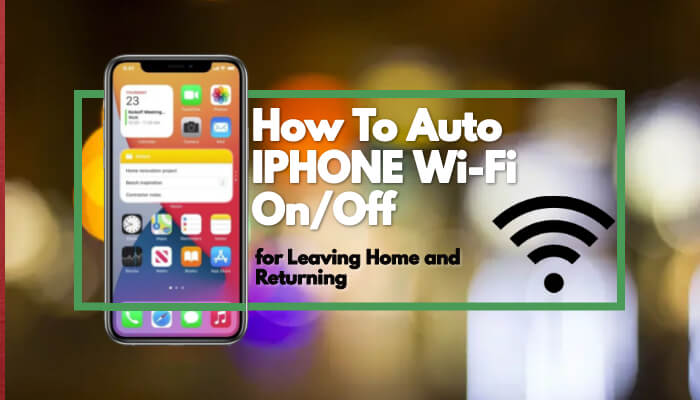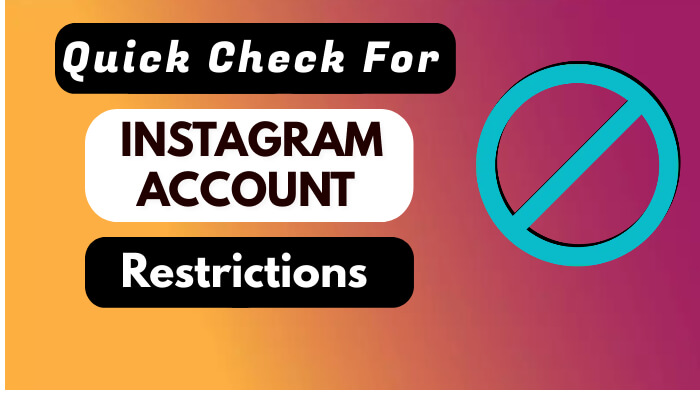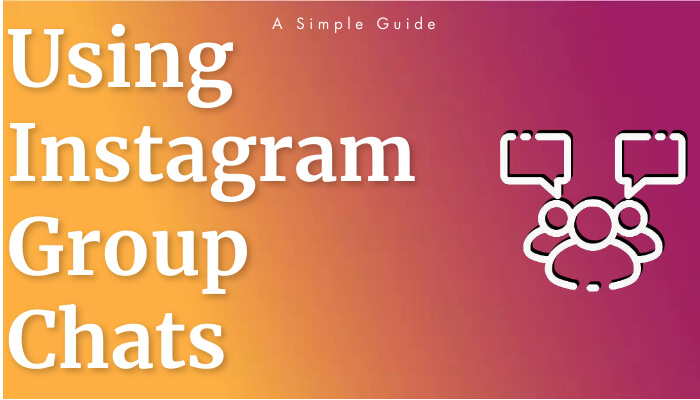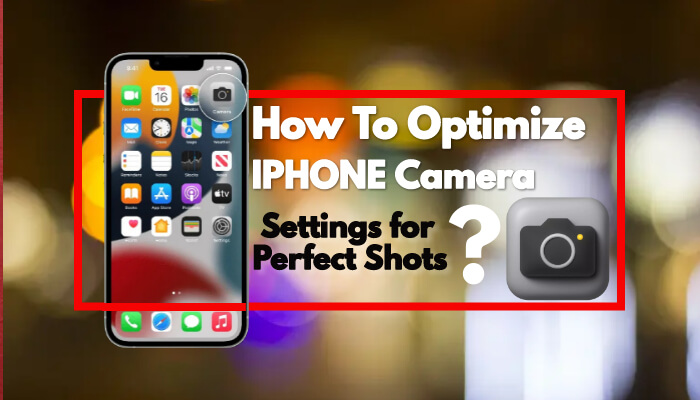
Facebook research into “vaccine-hesitant” ideals has discovered that a small group of users is driving lots of the discussions that may sow doubt or discouragement approximately taking a vaccine, The Washington Put Up reported.
Vaccine hesitancy predates each social media and COVID-19, because the International Well Being Organization stories, and can derail growth in eradicating vaccine-preventable illnesses. The WHO issues out that vaccine hesitancy may not be absolutely liable for an the 30 % build up in measles instances across the international over the previous several years, nevertheless it performed a job in measles’ resurgence.
Facebook banned false and misleading advertisements approximately vaccines back in October, weeks earlier than the primary coronavirus vaccines have been even to be had. In December, Facebook announced it would put off false claims approximately COVID-19 vaccines, and started notifying customers in the event that they had interacted with a put up that had false information. It’s also taken steps to promote authoritative information about COVID-19 vaccines.
The research described through the Submit seems to have information about extra of a grey space, as an example, if a person mentions on Fb that their symptoms after receiving a vaccine dose are worse than they planned. Feedback like that could be used to better have in mind the vaccine’s have an effect on, however can also make different customers cautious, particularly if they’re already apprehensive in regards to the vaccine.
The have a look at appears to make sure what many Facebook customers (and critics) have long recognized: that there’s an echo chamber effect that is helping spread misinformation at the platform. Content Material that helps create this effect may not in fact run afoul of any of Fb’s laws, but can quickly metastasize amongst groups of inclined users.
Possibly unsurprisingly, the Facebook researchers discovered there was vital overlap among customers connected to QAnon conspiracy theories — which Fb has banned from the platform —and the person communities who expressed skepticism about vaccines.
Facebook spokesperson Dani Lever stated in an email to The Verge that the company has partnered with more than 60 international well being mavens, and has studied content material related to COVID-19 vaccine and different data to tell its insurance policies— adding that Fb automatically research developments that can be part of conversations on its platform, similar to voting, bias, hate speech, and nudity so it will probably persevered to refine its merchandise.
“Public well being experts have made it clear that tackling vaccine hesitancy is a most sensible priority in the COVID response, that is why we’ve launched a global marketing campaign that has already hooked up 2 billion people to reliable information from well being professionals and remove false claims approximately COVID and vaccines,” she mentioned. “This ongoing paintings can assist to tell our efforts.”
